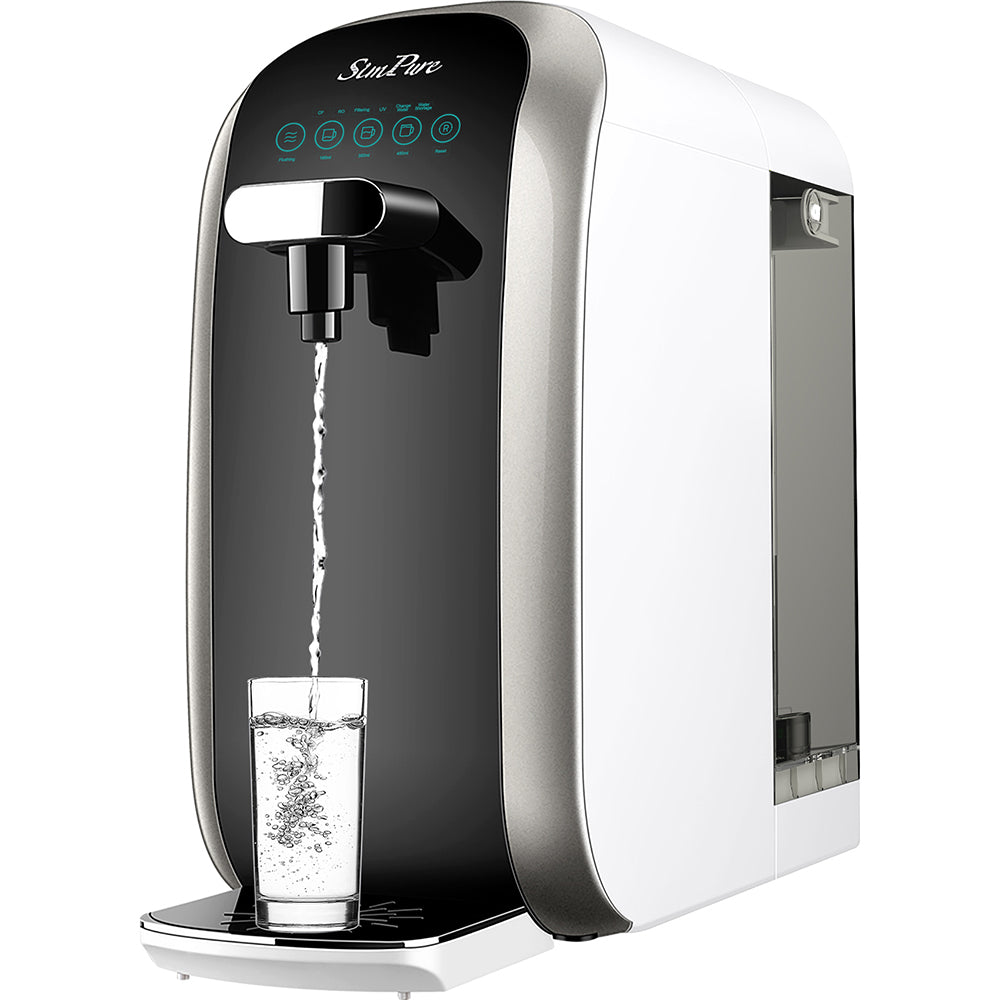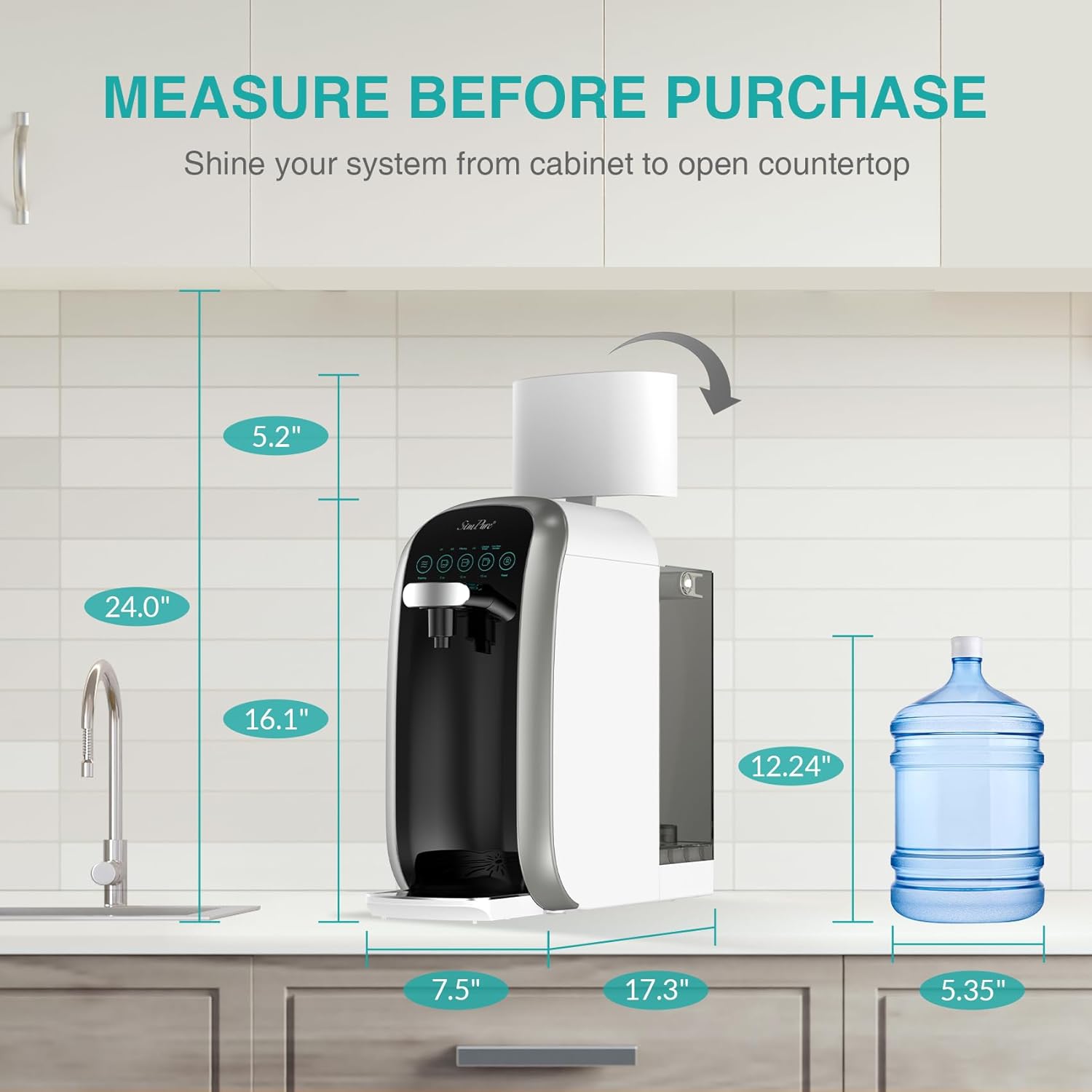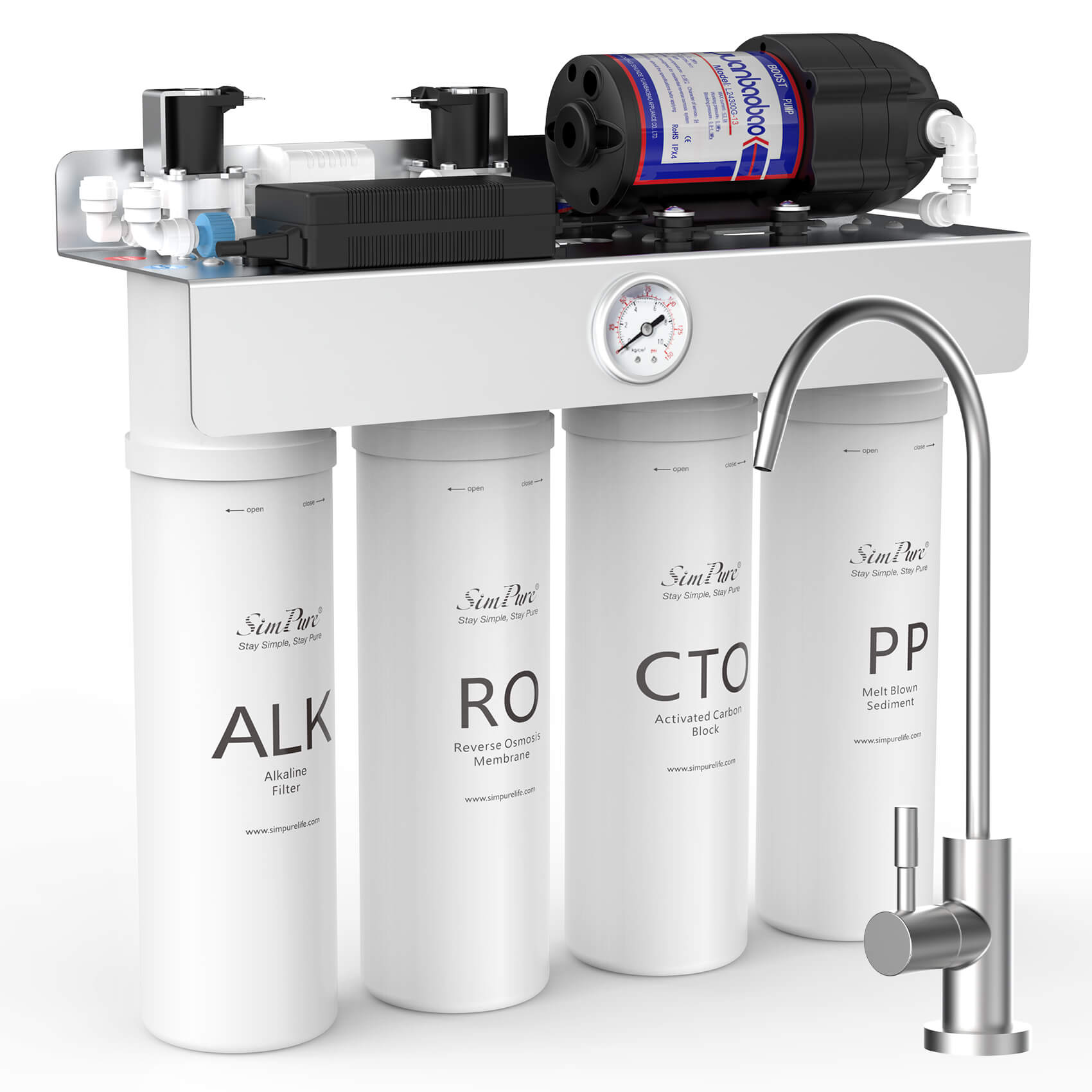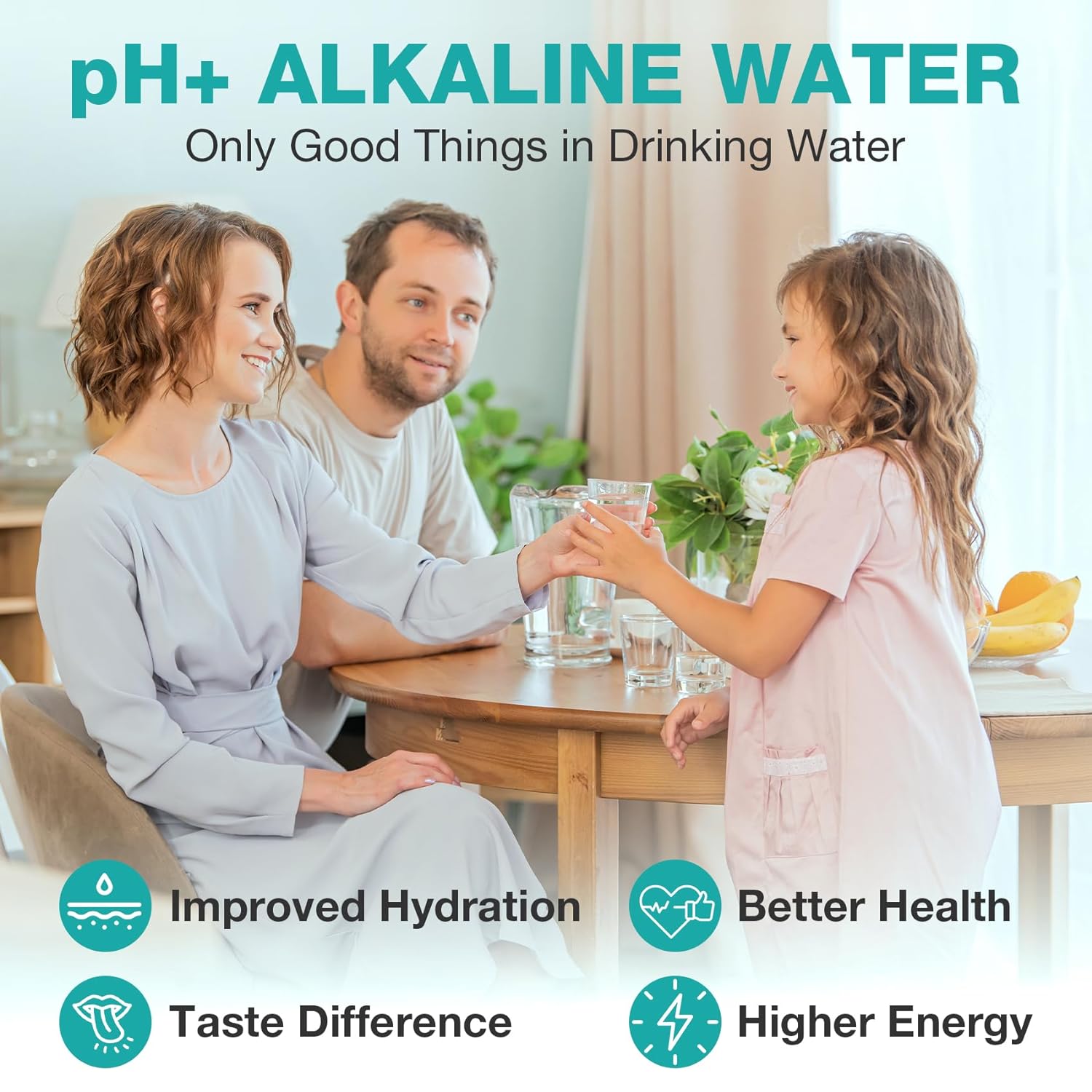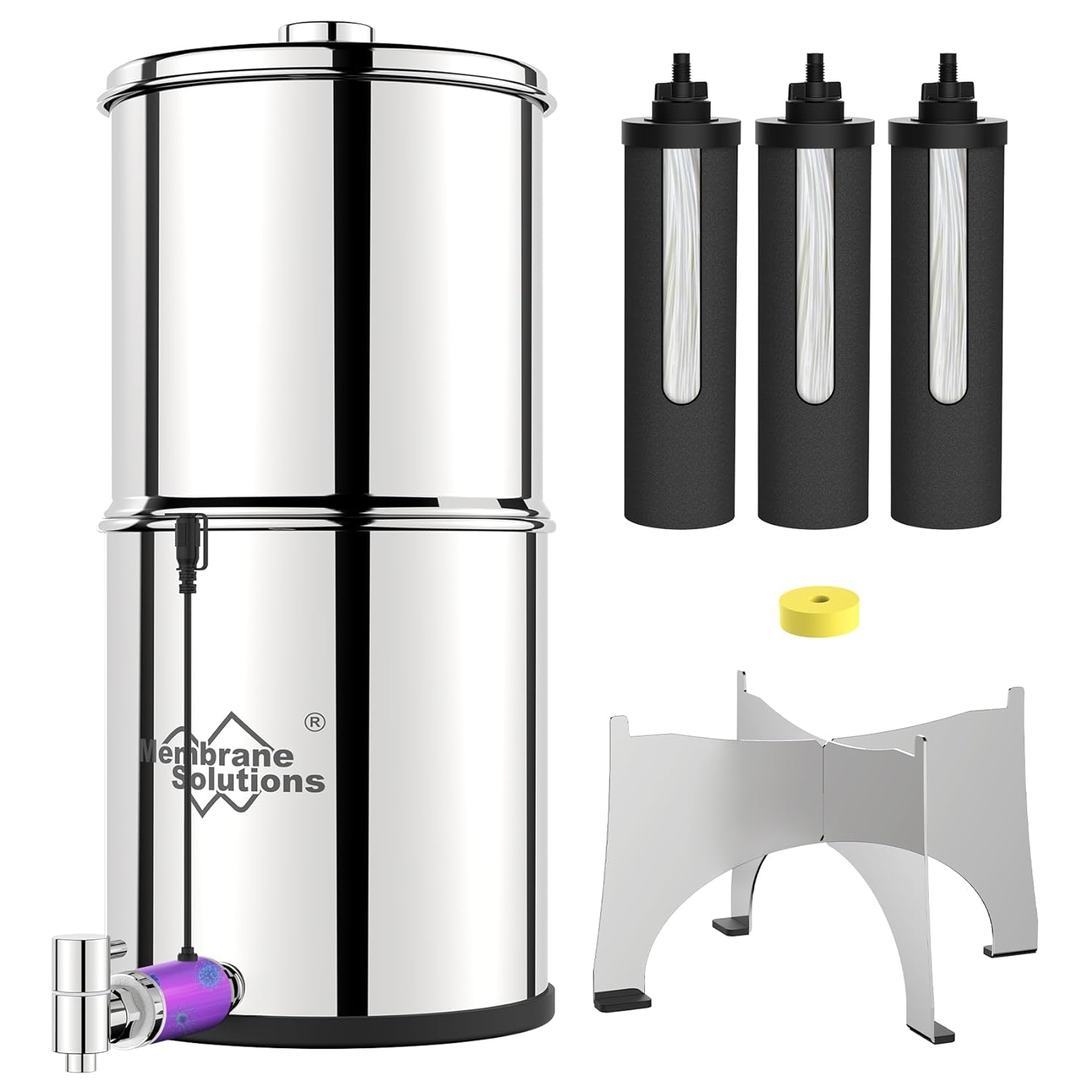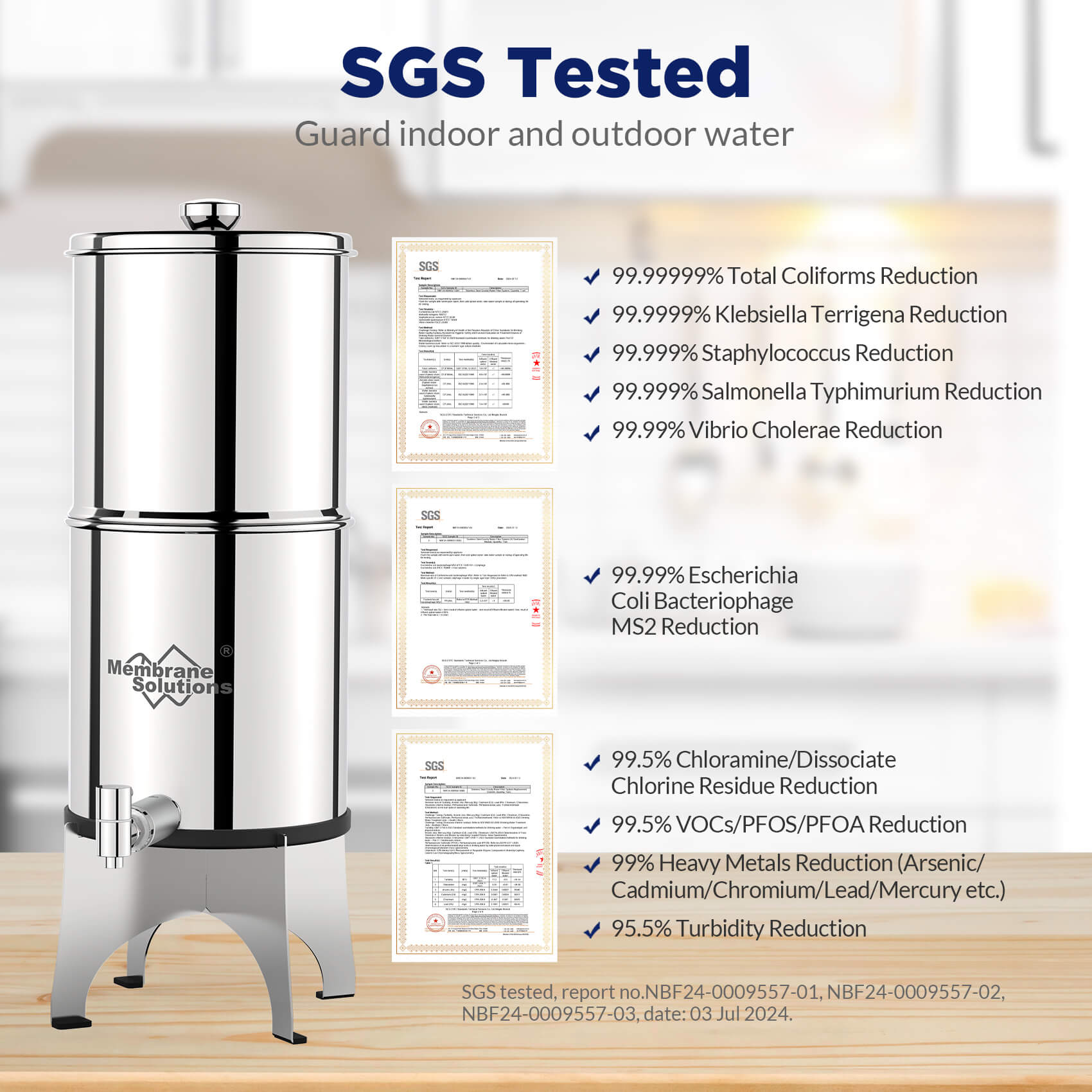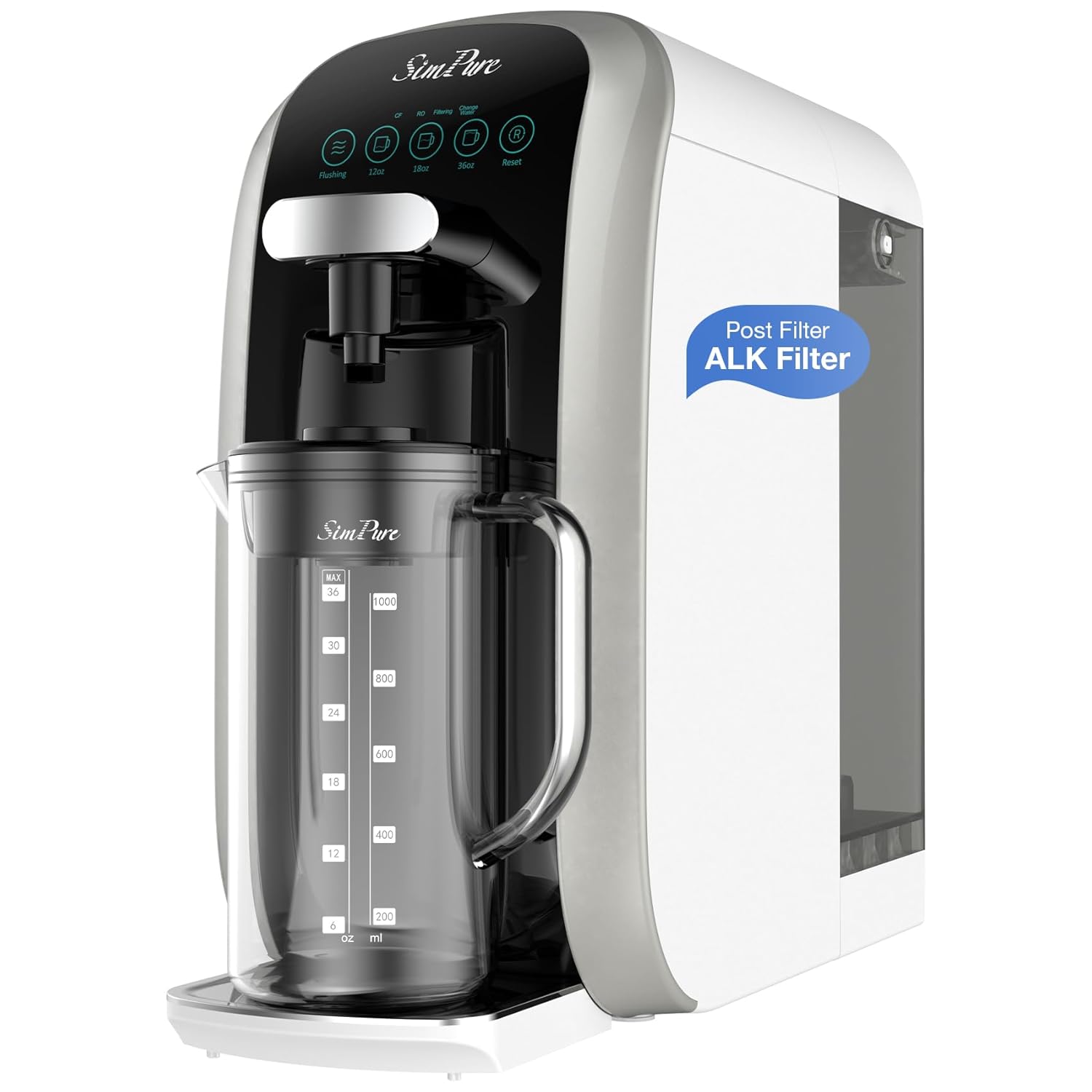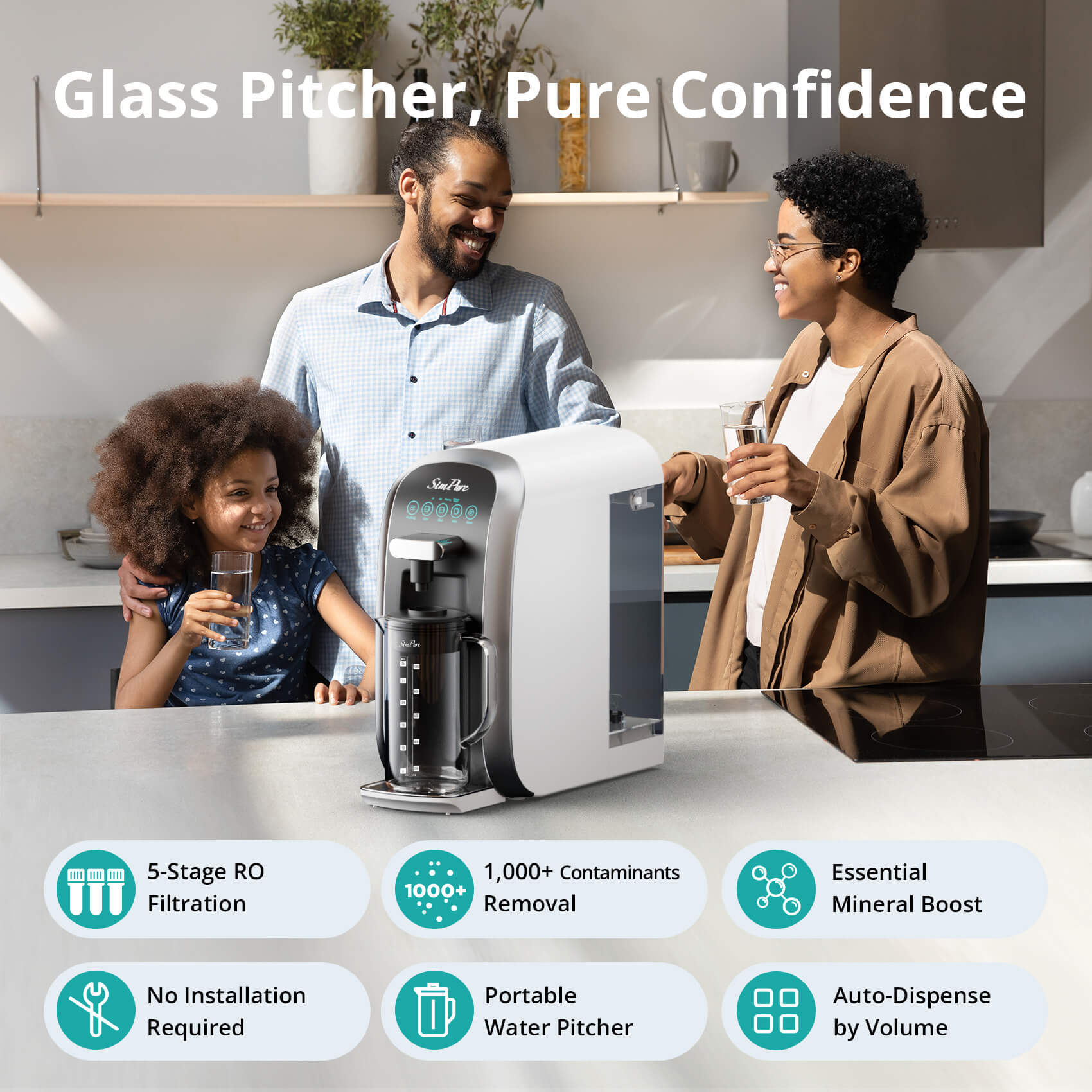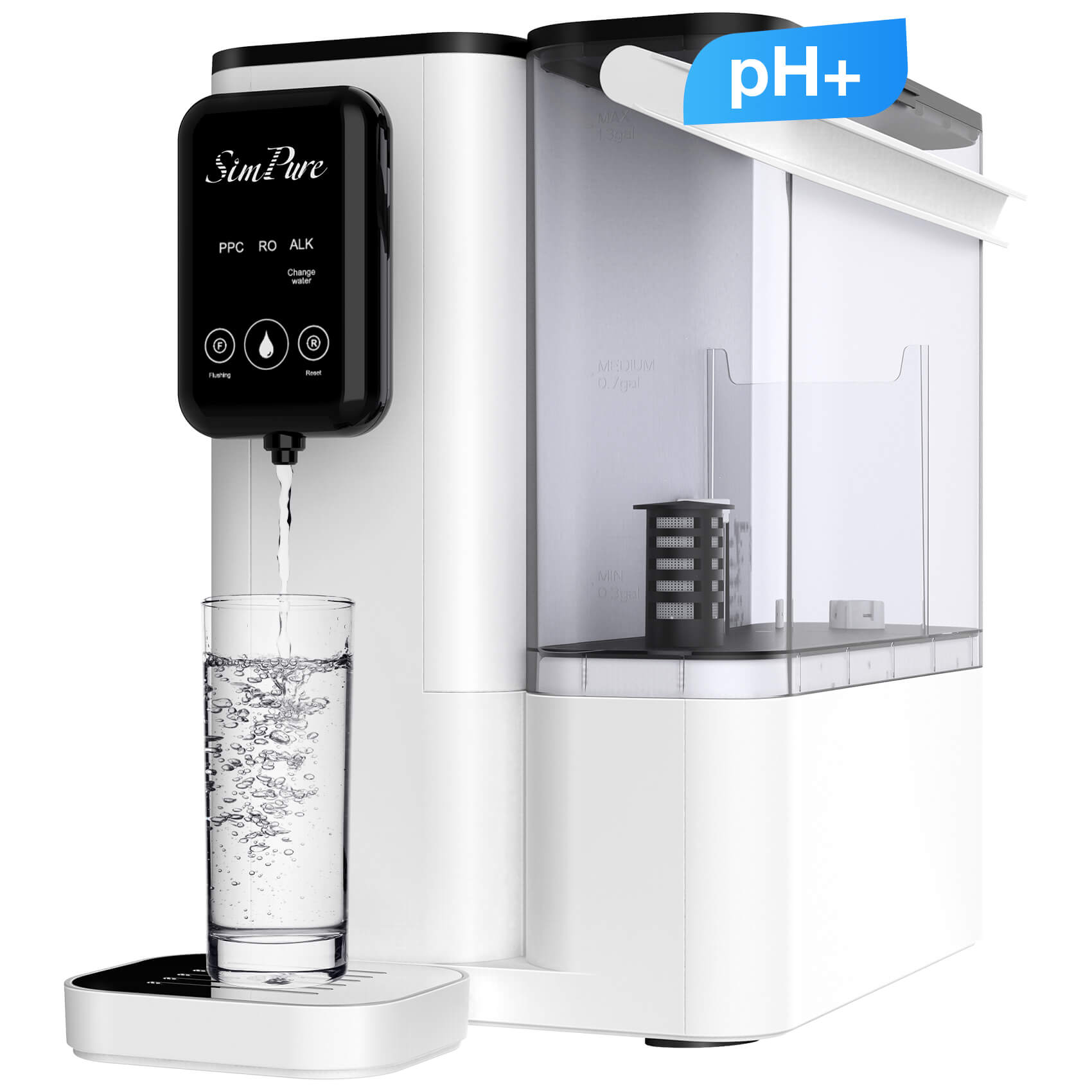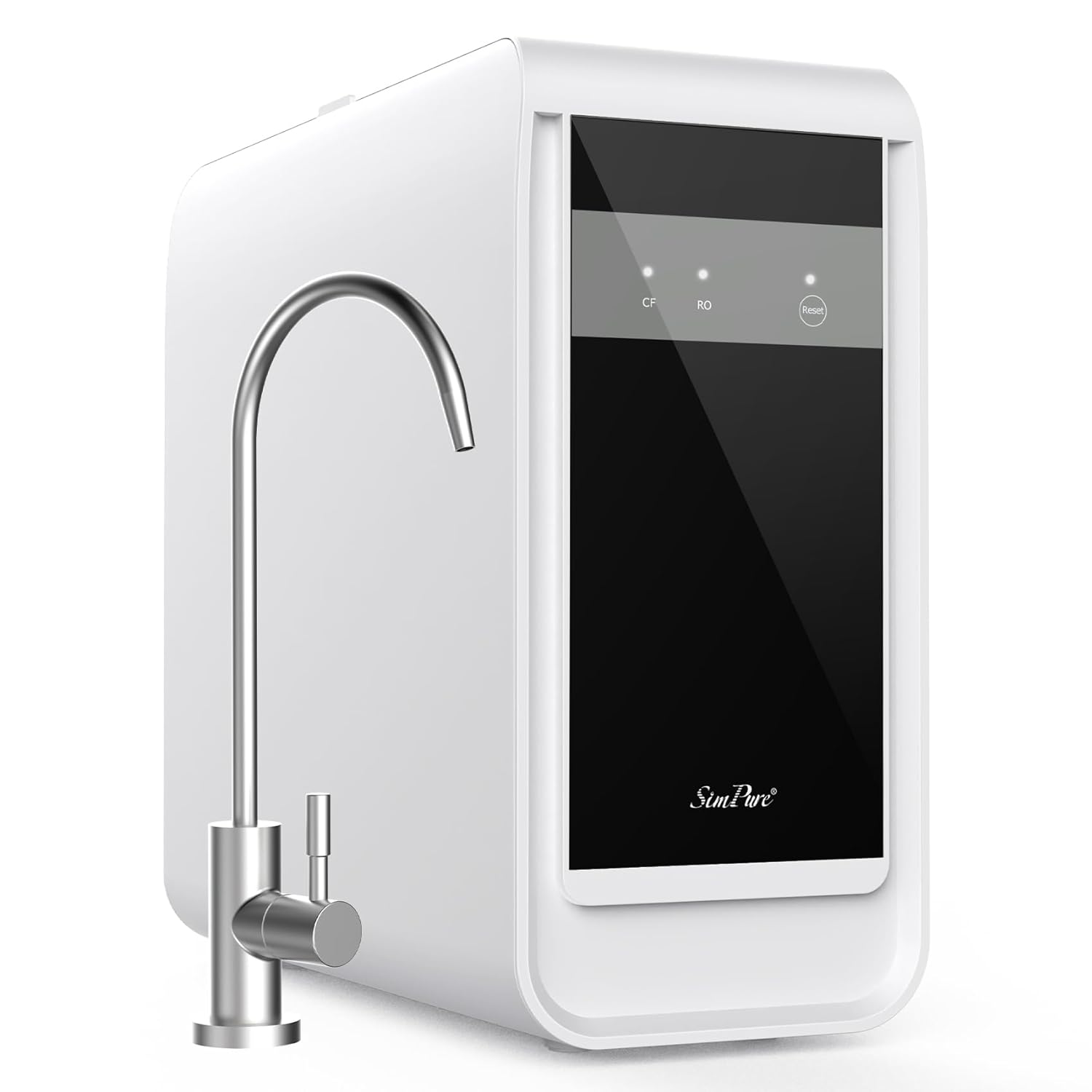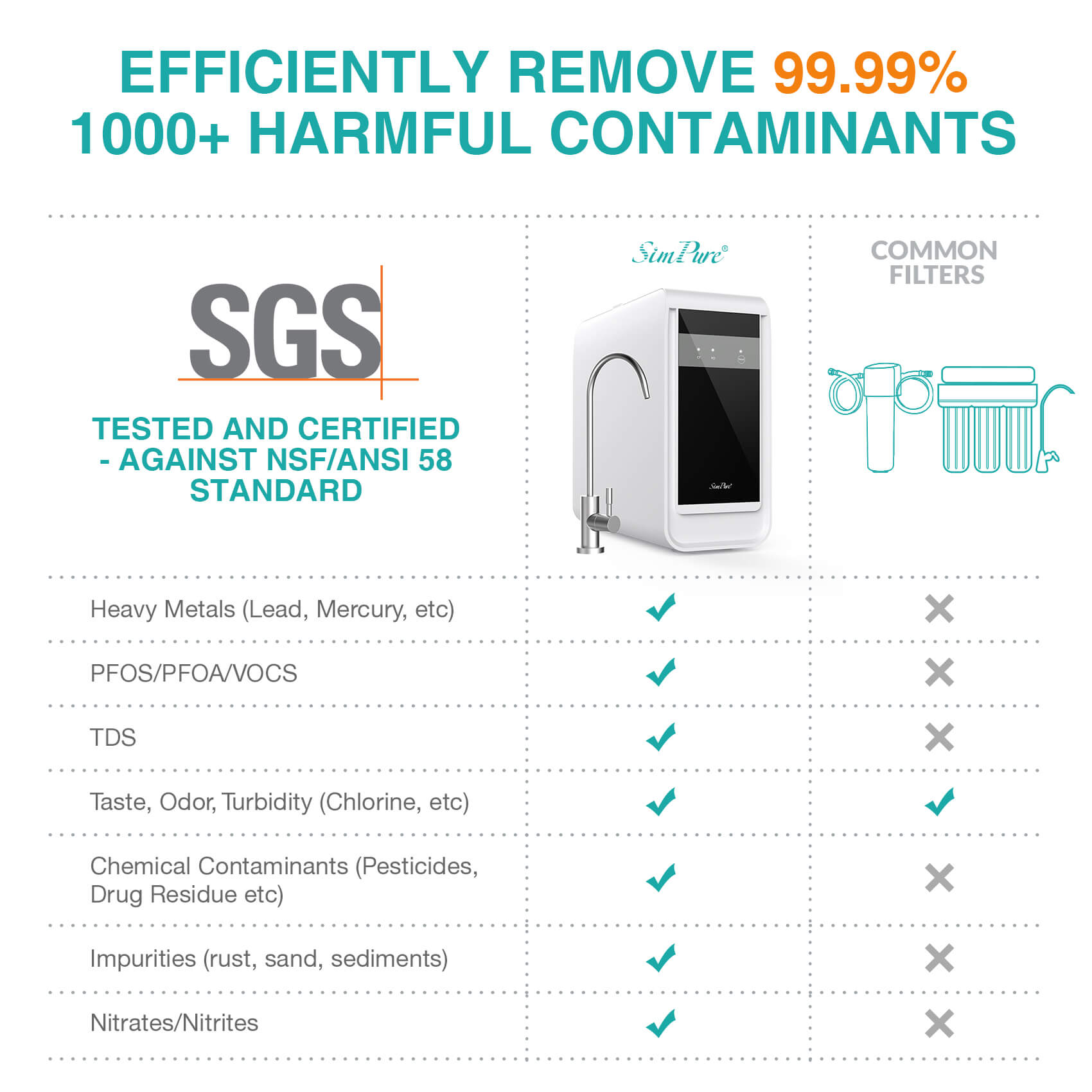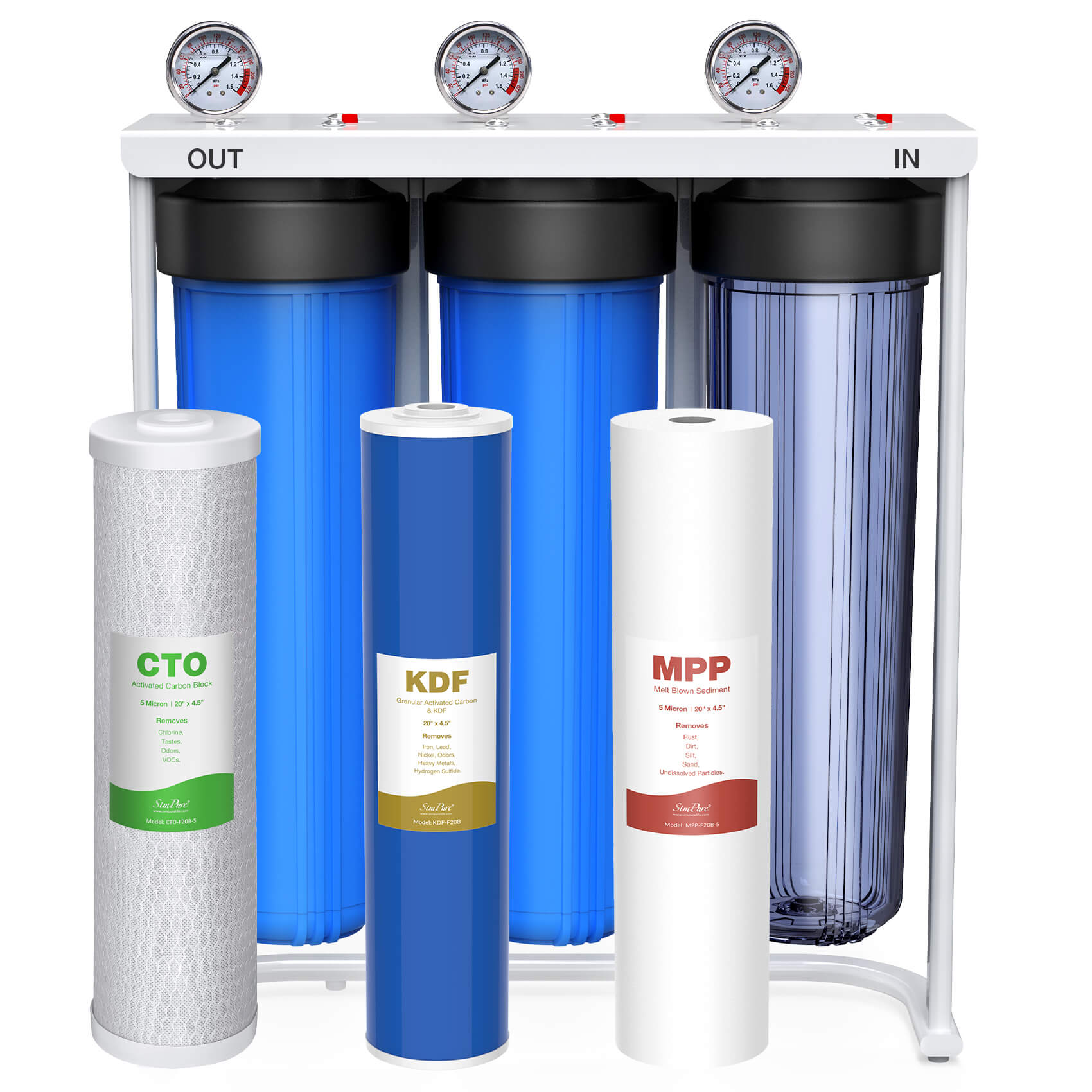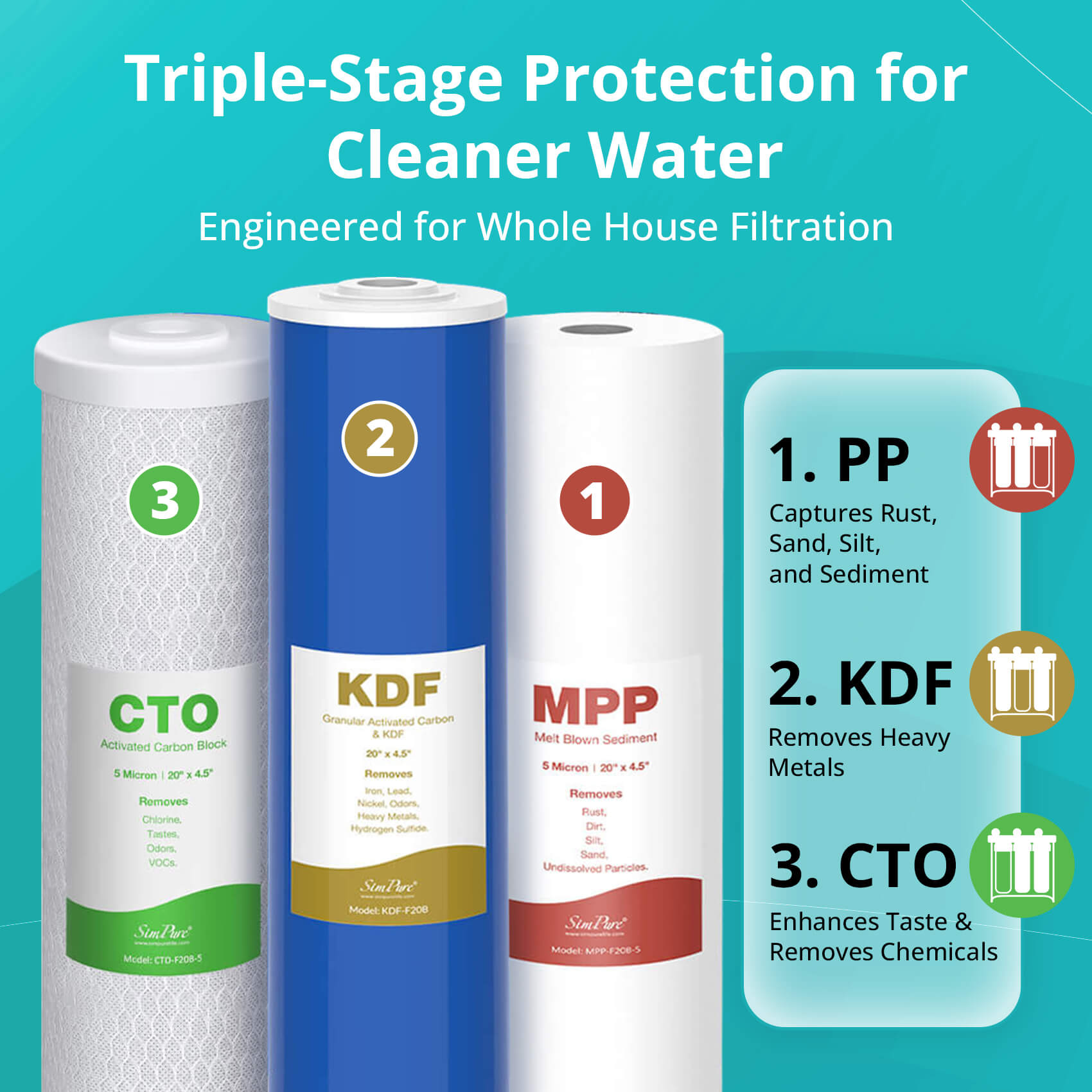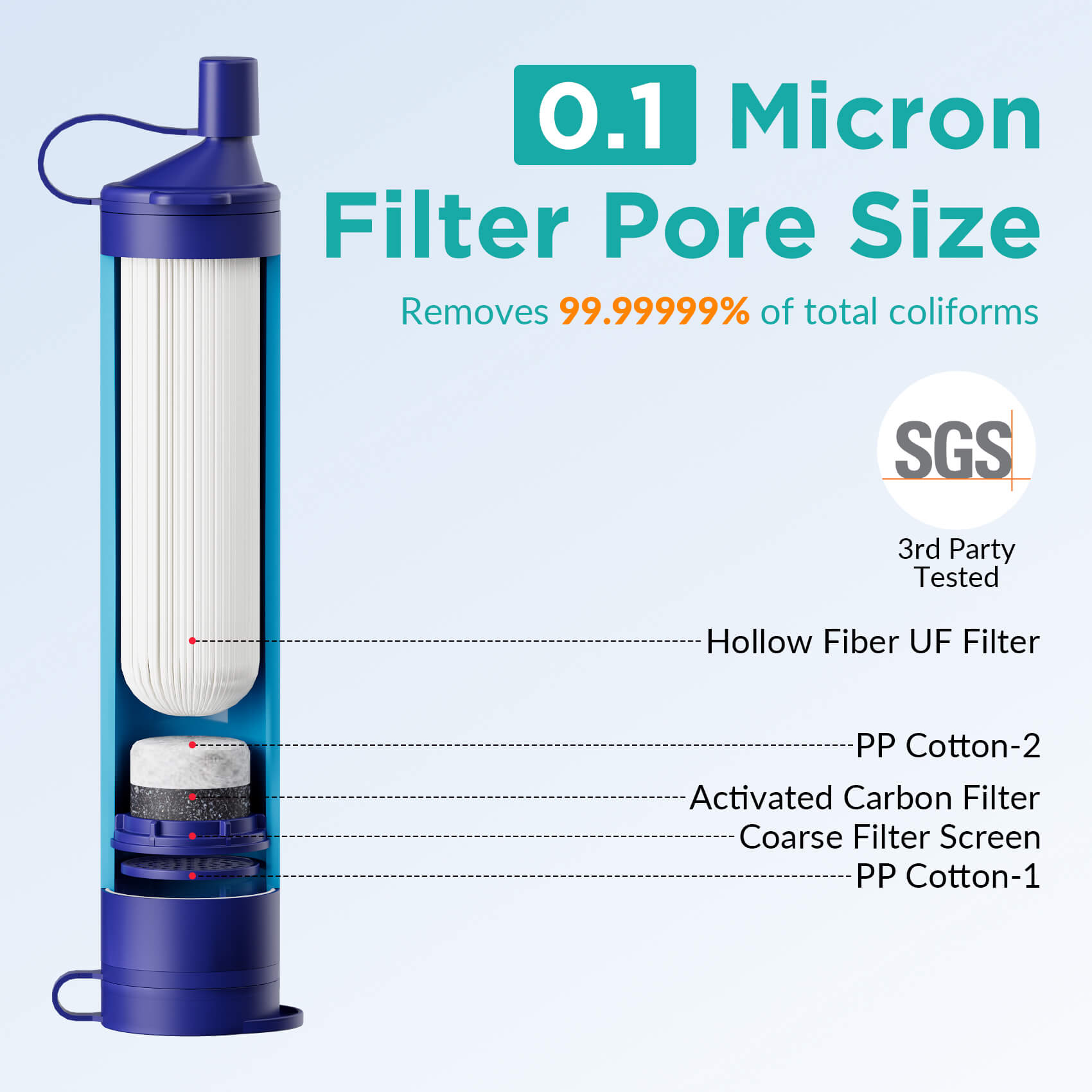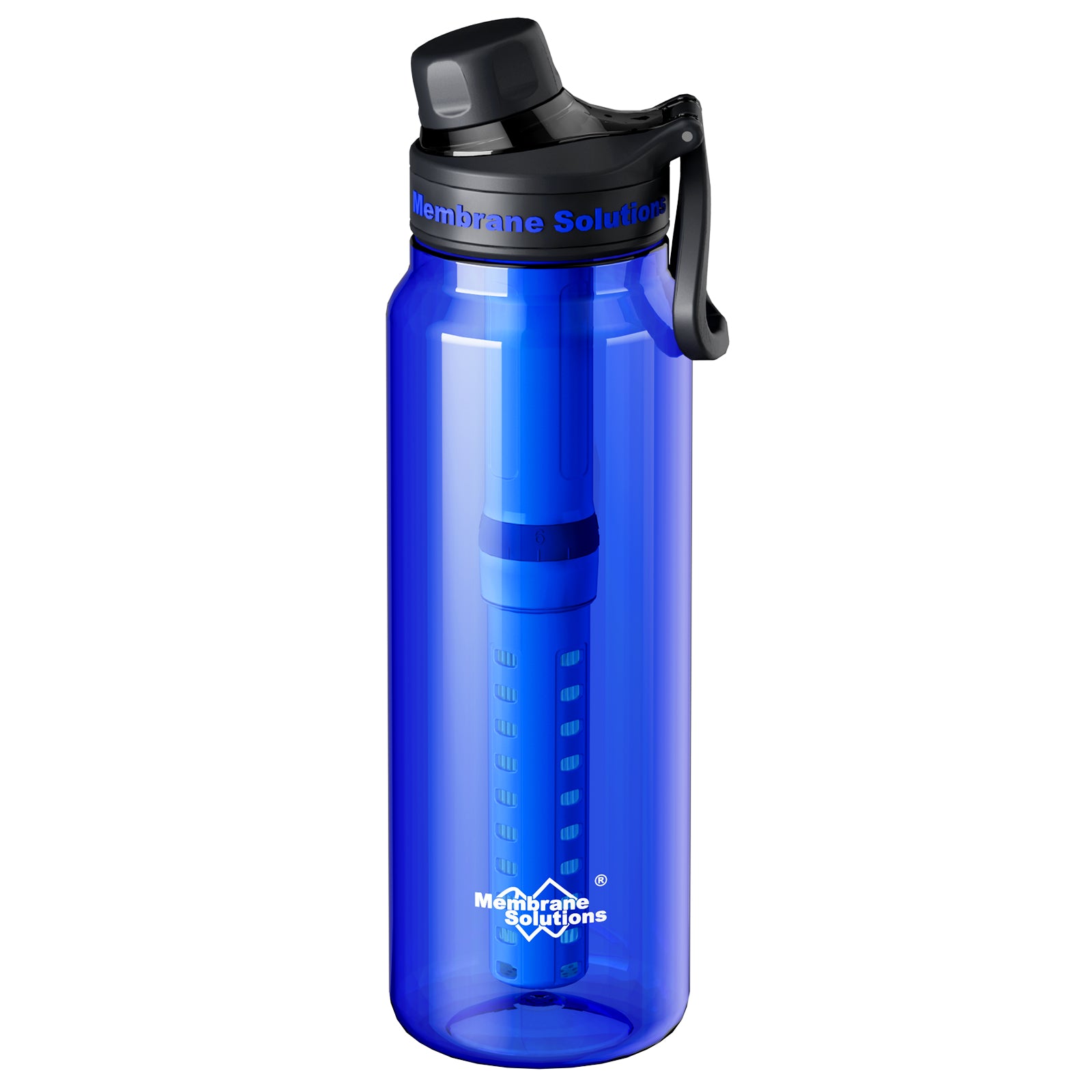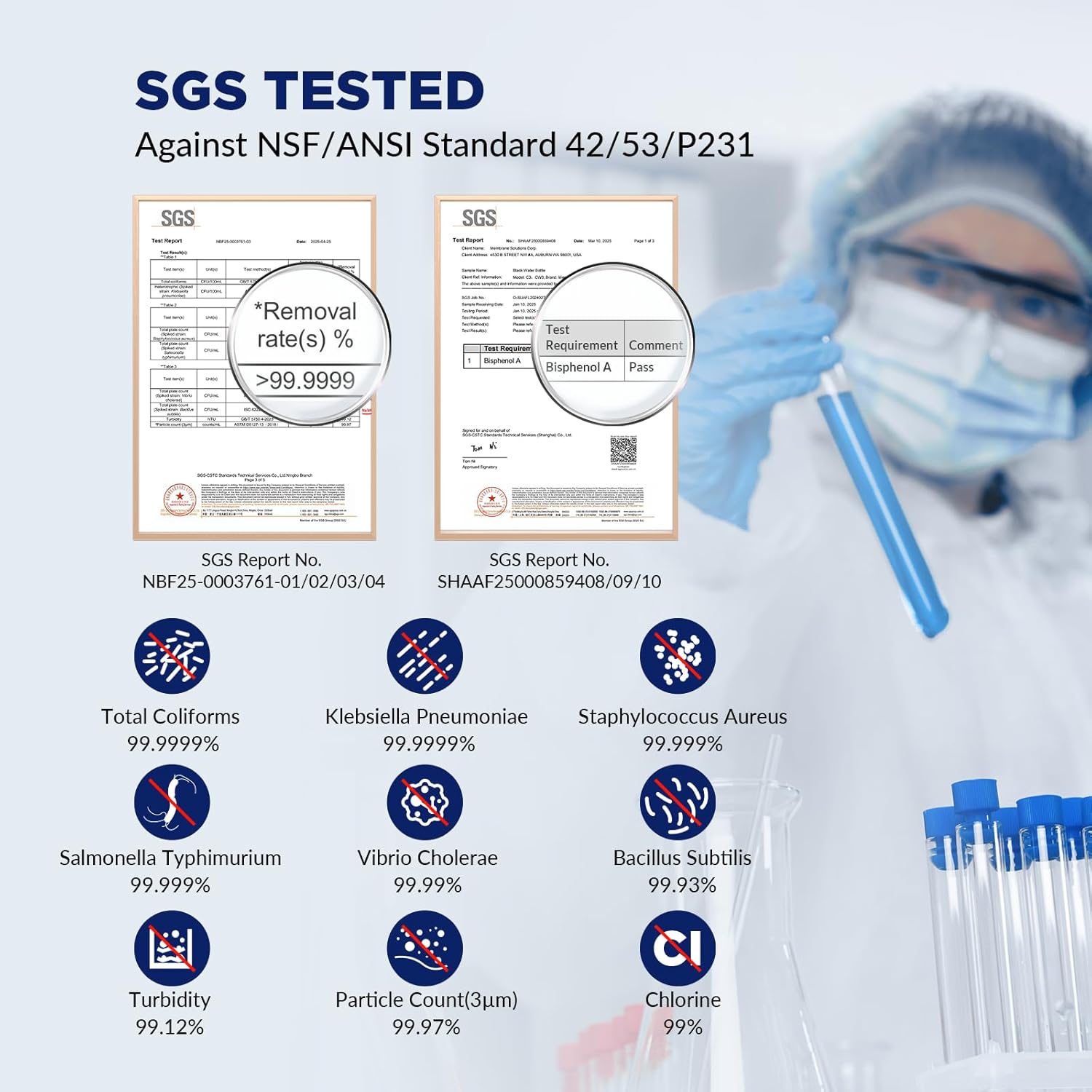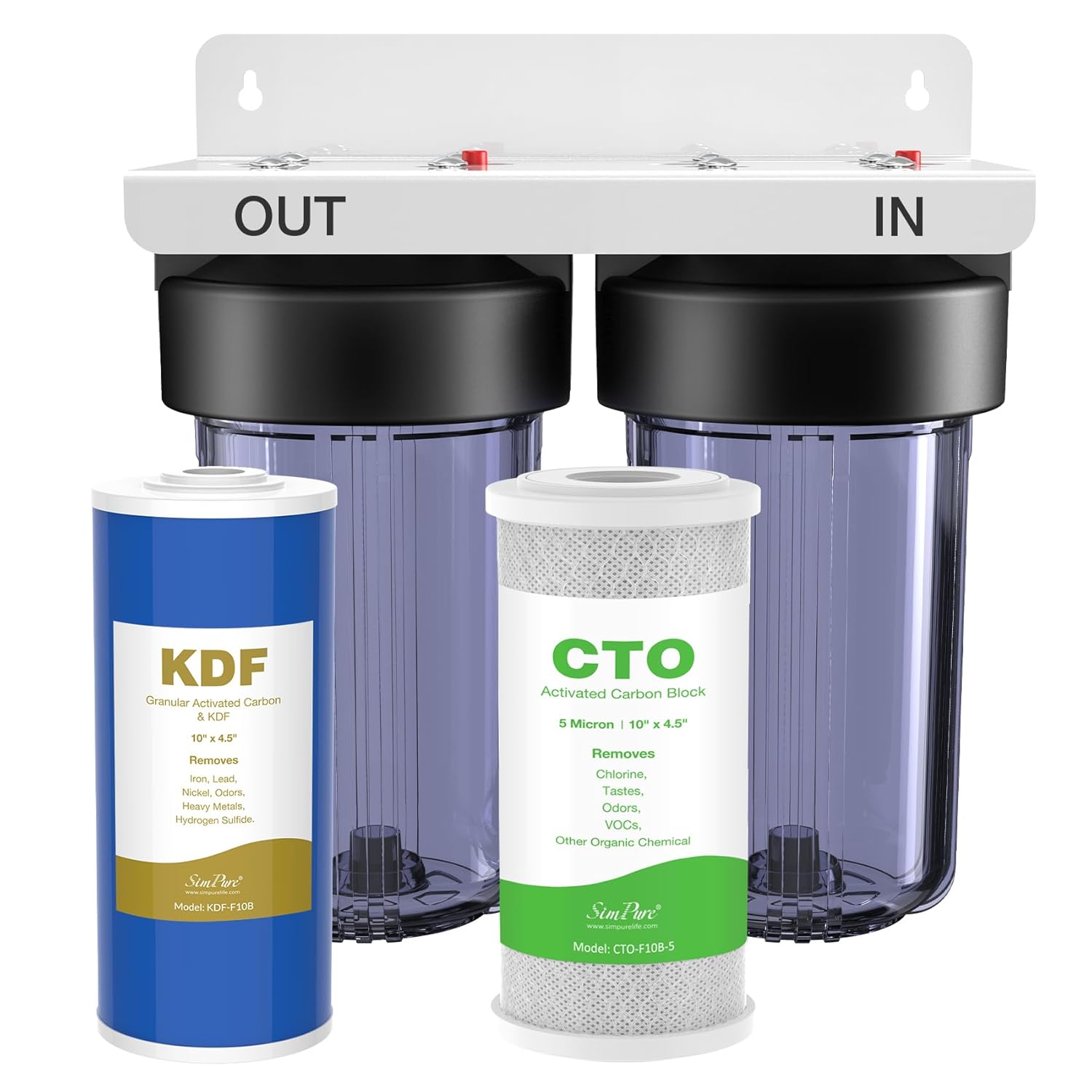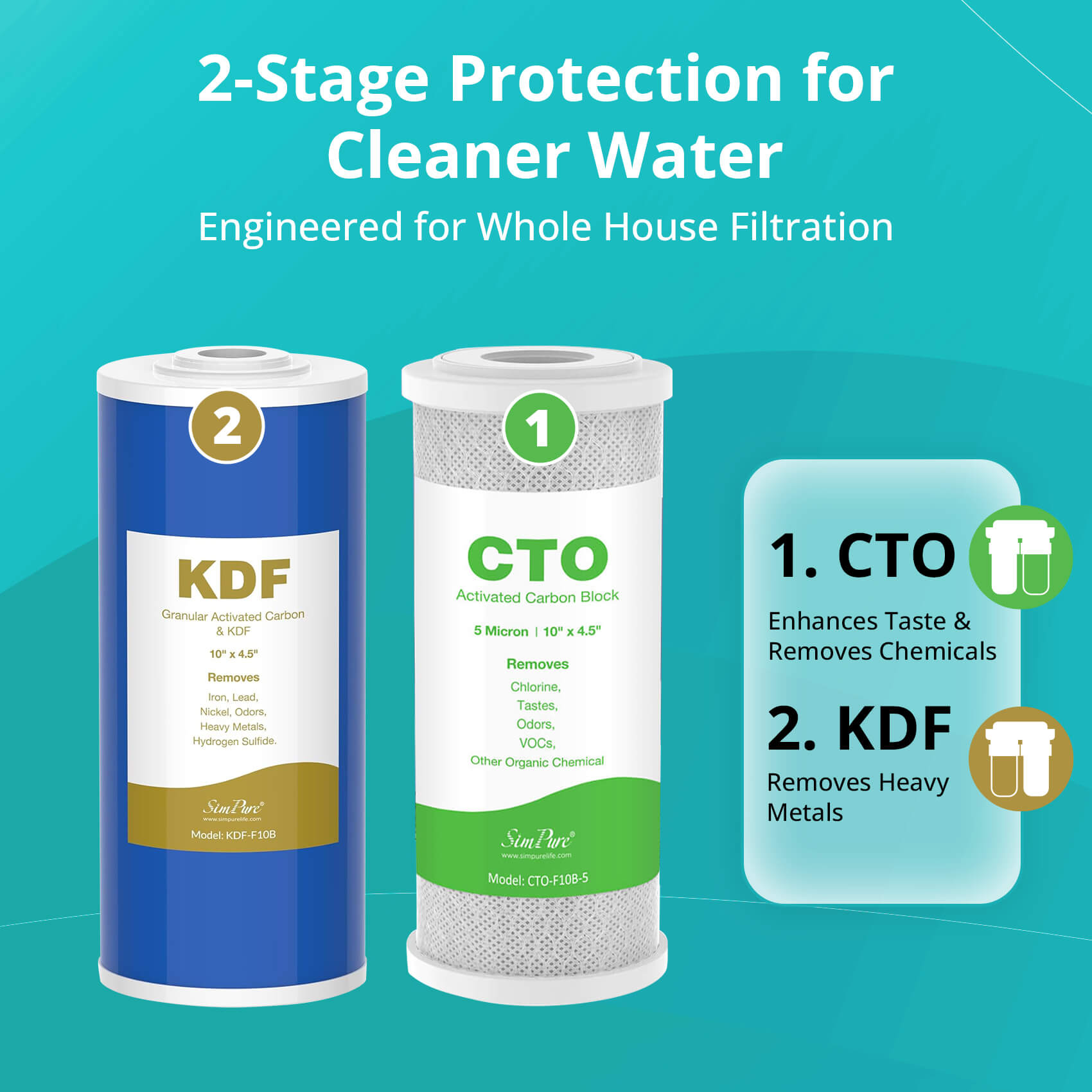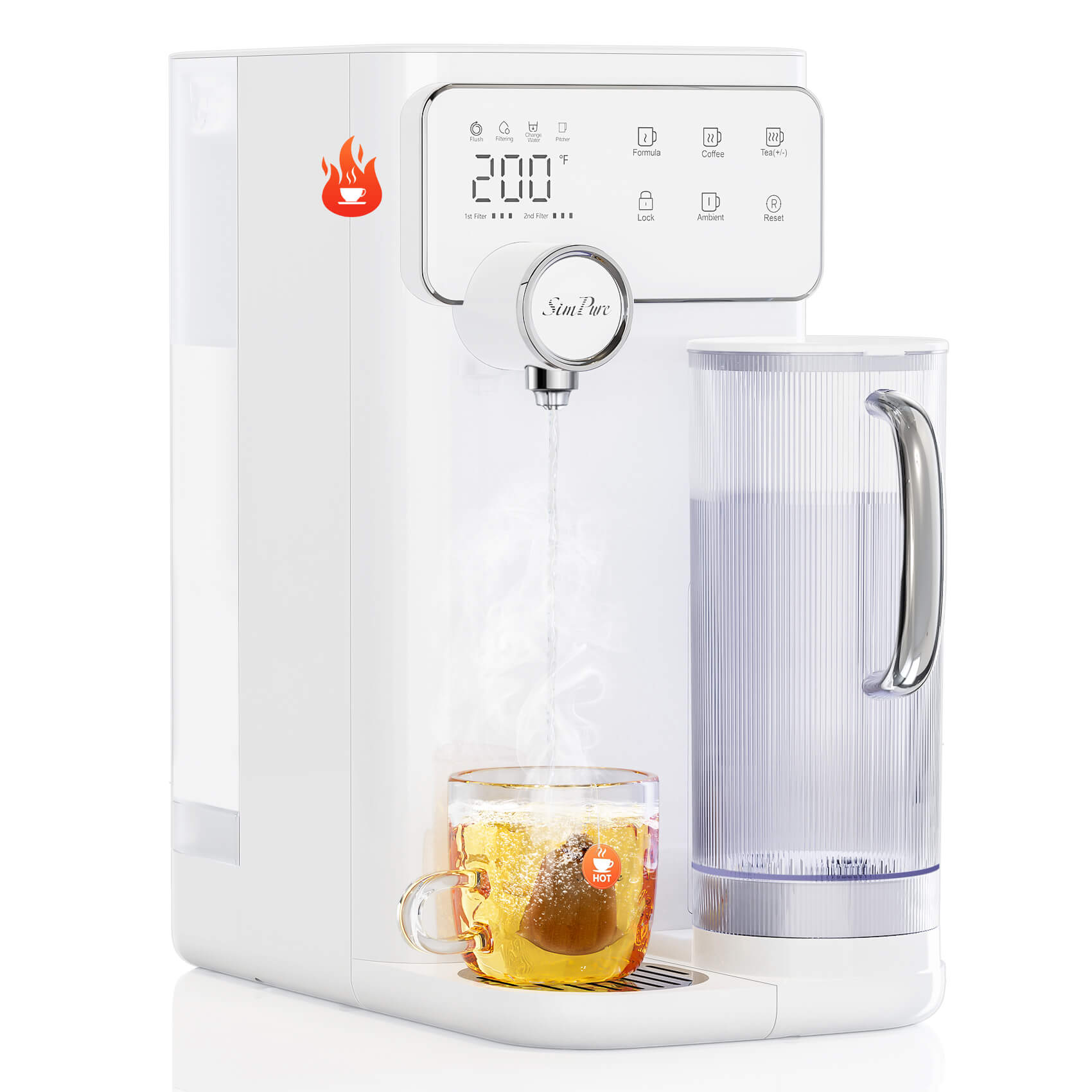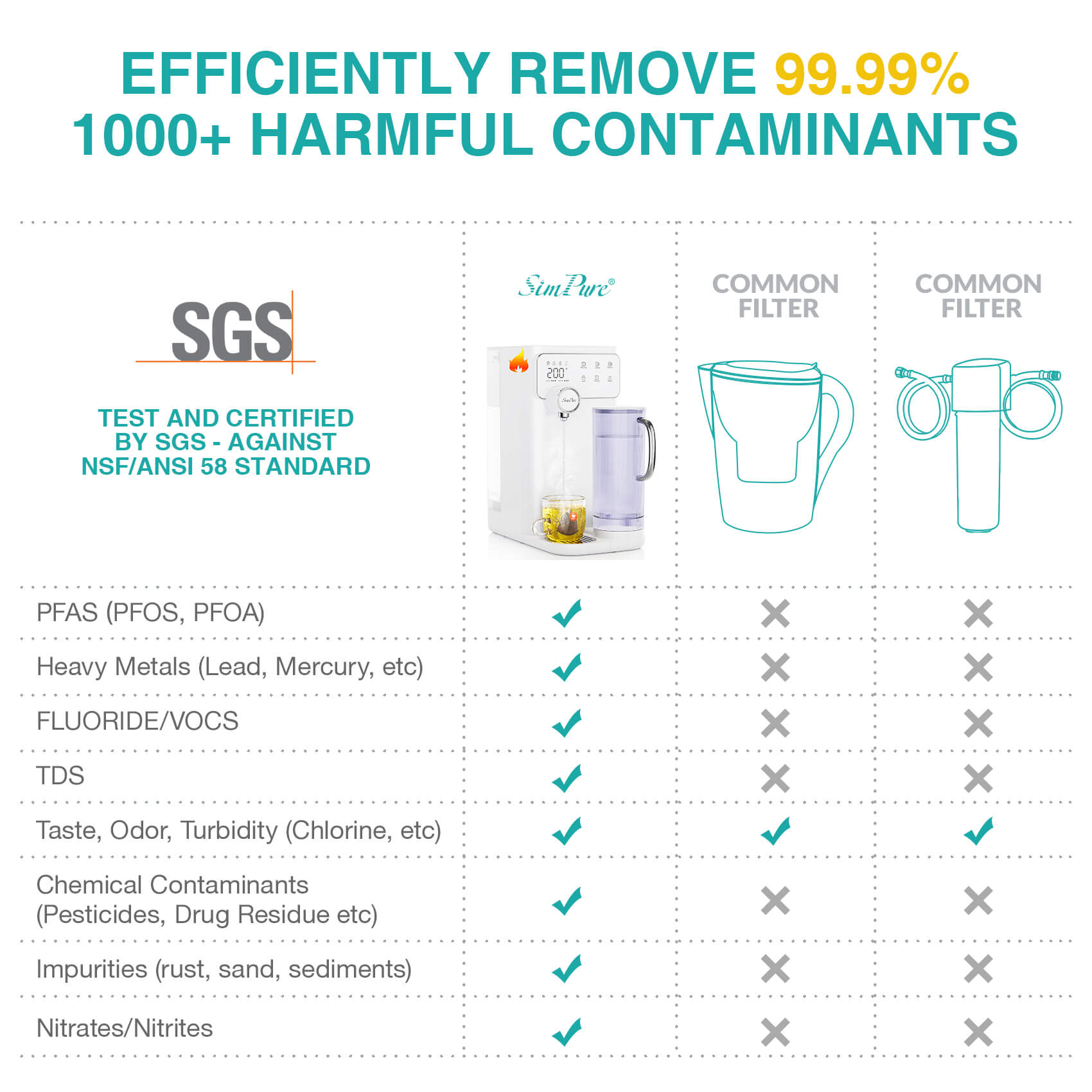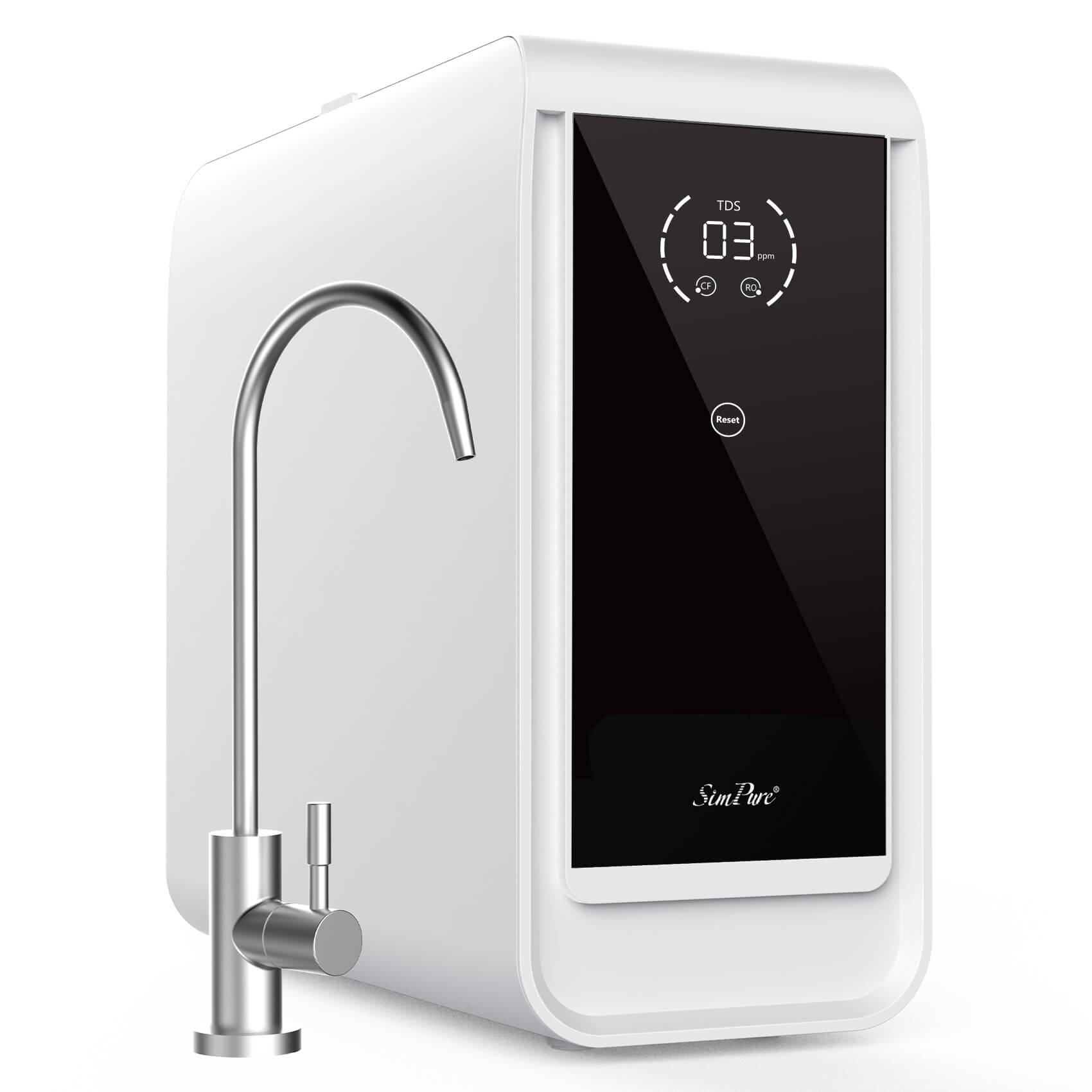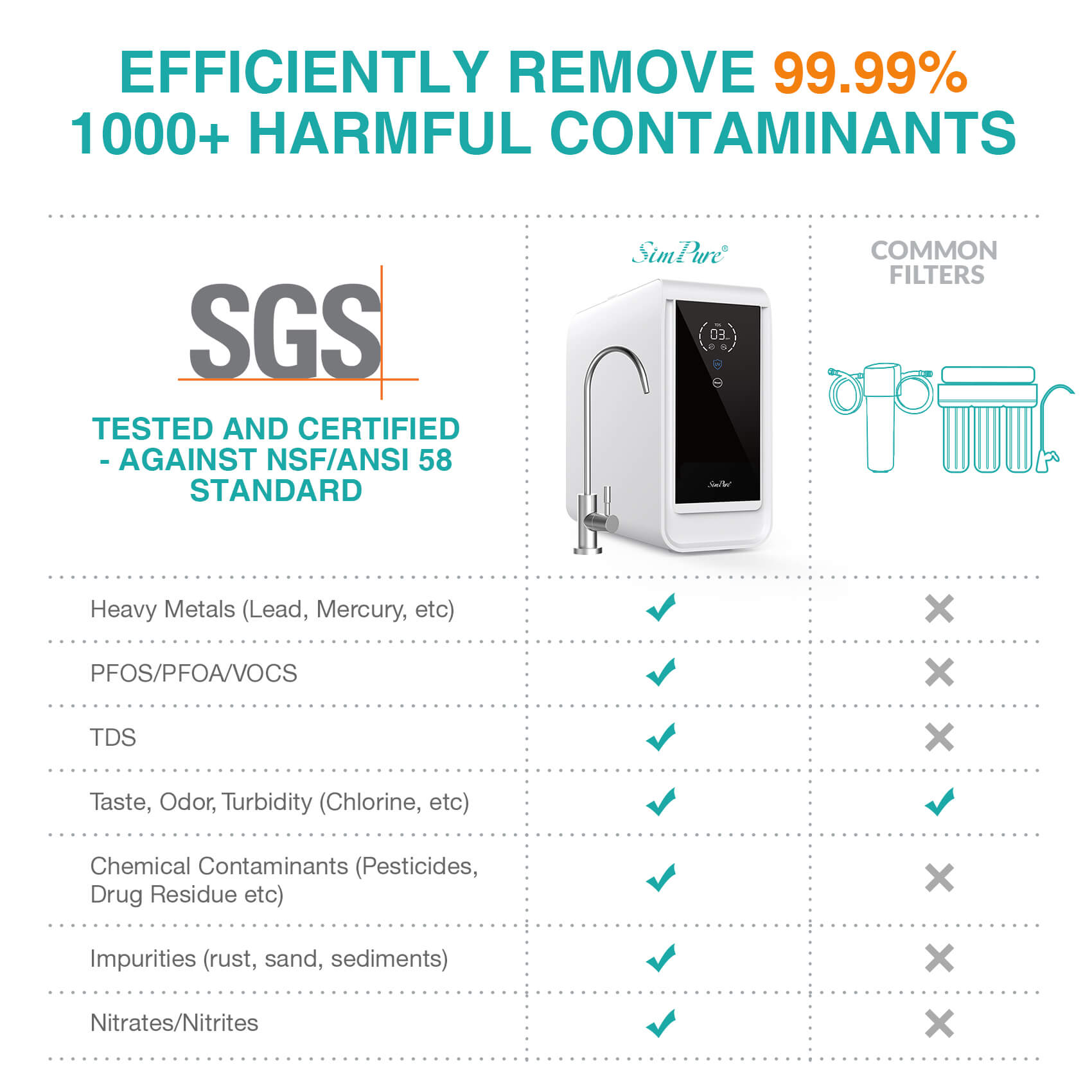Air conditioners and air purifiers are both devices that aim to improve indoor air quality and comfort. However, their functions and purposes are quite different. While air conditioners use refrigeration to cool and regulate temperature, air purifiers clean the air by removing pollutants. There are also many other differences difference between air conditioner and air purifier. Understanding the differences of air conditioner vs air purifier can help individuals determine which one is best suited for their needs and preferences. So let us see more in the following 8 differences between air conditioner and air purifier.
1. Air Conditioner vs Air Purifier: Different Definitions
Air Conditioner: An air conditioner is a device that uses refrigeration to cool the air and regulate temperature in a room or building. It works by removing heat from the air and circulating cool air back into the room. An air conditioner may also have the ability to dehumidify the air and improve indoor air quality.
Air Purifier: An air purifier is a device that cleans the air by removing pollutants, such as dust, smoke, allergens, and odors. Air purifiers work by pulling in air from the room and filtering it through various systems, such as HEPA filters, activated carbon filters, and UV lights. The purified air is then returned to the room, resulting in improved indoor air quality. Unlike air conditioners, air purifiers do not regulate temperature.
2. Air Conditioner vs Air Purifier: Different Purposes
The purpose of an air conditioner is to regulate temperature in a room or building. It cools the air by removing heat and circulating cool air back into the room. An air conditioner can also dehumidify the air, removing excess moisture, and improve indoor air quality, although this depends on proper maintenance and filter changes.
The purpose of an air purifier is to clean the air by removing pollutants, such as dust, smoke, allergens, and odors. Air purifiers work by pulling in air from the room, filtering it through various systems, and returning the purified air back into the room. The end result is improved indoor air quality, which can benefit those with allergies, asthma, and other respiratory issues. Air purifiers do not dry out of air, and you can get the detailed explanation in this blog do air purifiers dry the air.
3. Air Conditioner vs Air Purifier: Different Functions
The primary function of an air conditioner is to regulate temperature in a room or building by cooling the air. It does this by removing heat from the air and circulating cool air back into the room. Some common functions of an air conditioner include:
Cooling: An air conditioner cools the air in a room by removing heat through a refrigeration cycle.
Dehumidification: An air conditioner can also dehumidify the air, removing excess moisture and improving indoor air quality.
Air circulation: An air conditioner circulates air in the room, providing a constant flow of cool, clean air.
Thermostat control: An air conditioner typically has a thermostat that allows users to set the desired temperature and adjust it as needed.
Filtration: An air conditioner may also have filters that help to remove pollutants and improve indoor air quality, although regular maintenance and filter changes are important for optimal performance.
The primary function of an air purifier is to clean the air by removing pollutants, such as dust, smoke, allergens, and odors. Some common functions of an air purifier include:
Air filtration: An air purifier filters the air by pulling it into the device and passing it through various systems, such as HEPA filters, activated carbon filters, and UV lights. The purified air is then returned to the room.
Pollutant removal: An air purifier removes pollutants from the air, such as dust, pet dander, mold spores, smoke, and volatile organic compounds (VOCs). There are air purifiers that aimed to remove different pollutants like the MSA3S dust air purifier machine designed for dust removal.

Improved indoor air quality: An air purifier can improve indoor air quality, making it easier to breathe and reducing the risk of respiratory problems, especially for those with allergies or asthma.
Odor reduction: An air purifier can also remove unpleasant odors from the air, such as those from cooking or smoking. If you are looking an air purifier to remove the pet odors, maybe you can try SimPure HP8 pet air purifier.
Quiet operation: Many air purifiers are designed to operate quietly, allowing for use in bedrooms and other quiet environments.
4. Air Conditioner vs Air Purifier: Different Temperature Control
The temperature control of an air conditioner and an air purifier are quite different:
Air Conditioner: An air conditioner has the ability to regulate temperature by cooling the air. This is achieved through a refrigeration cycle that removes heat from the air and circulates cool air back into the room. An air conditioner typically has a thermostat that allows users to set the desired temperature and adjust it as needed.
Air Purifier: An air purifier does not have the ability to control temperature. It operates by filtering the air and removing pollutants, but it does not alter the temperature of the air.
5. Air Conditioner vs Air Purifier: Different Maintenance Requirements
The maintenance requirements of an air conditioner and an air purifier differ as follows:
Air Conditioner: An air conditioner requires regular maintenance to keep it functioning properly. This may include cleaning or replacing filters, checking refrigerant levels, and checking the ductwork for leaks or clogs. It's important to follow the manufacturer's recommended maintenance schedule to ensure the air conditioner operates efficiently and lasts as long as possible.
Air Purifier: An air purifier typically requires less maintenance than an air conditioner. Most air purifiers require only periodic filter changes to keep them functioning properly. Some air purifiers have washable filters, which can reduce the cost of maintenance over time. It's important to follow the manufacturer's recommended maintenance schedule for your specific air purifier to ensure it continues to operate effectively.
It's important to follow the manufacturer's recommendations for maintenance and to address any issues as soon as they arise to ensure the longevity and effectiveness of the device.
6. Air Conditioner vs Air Purifier: Different Cost
When we talk about the difference between air conditioner and air purifier, you may notice that these two devices' price vary much. Yes! The cost of an air conditioner and an air purifier can vary greatly depending on several factors, including the type, size, and features of the device. Here are some general differences in cost between the two:
Air Conditioner: Air conditioners are typically more expensive than air purifiers. The cost of an air conditioner can range from a few hundred to several thousand dollars, depending on the size and features of the unit. The cost of installation, which can be complex for some air conditioners, can also add to the overall cost.
Air Purifier: Air purifiers are typically less expensive than air conditioners. The cost of an air purifier can range from a few hundred to a few thousand dollars, depending on the size and features of the device. Unlike air conditioners, air purifiers are typically easy to install and do not require professional installation.
What's else, it's important to consider both the upfront and long-term costs when choosing between an air conditioner and an air purifier, including the cost of maintenance and energy usage.
7. Air Conditioner vs Air Purifier: Different Air Quality Improvement
Both air conditioners and air purifiers aim to improve indoor air quality, but they do so in different ways. It's important to consider the specific air quality issues in a space when choosing between an air conditioner and an air purifier.
Air Conditioner: An air conditioner can improve indoor air quality by removing heat and humidity from the air, which can reduce the growth of mold, mildew, and other allergens. Some air conditioners also have built-in air filters, which can remove pollutants from the air. However, air conditioners can also contribute to indoor air pollution if they are not properly maintained and cleaned.
Air Purifier: An air purifier improves indoor air quality by removing pollutants from the air, including allergens, dust, smoke, and other particulates. Some air purifiers also have the ability to remove odors and harmful chemicals, such as volatile organic compounds (VOCs). Air purifiers typically have a more focused approach to improving indoor air quality than air conditioners.
8. Air Conditioner vs Air Purifier: Different Space requirements

At last, the last difference between air conditioner and air purifier is their different space requirement! The space requirements for air conditioners and air purifiers can also vary greatly depending on the type, size, and features of the device. Here are some general differences in space requirements between the two:
Air Conditioner: Air conditioners typically require more space than air purifiers. Central air conditioners require access to ductwork, which can be located in the attic, basement, or crawlspace. Window air conditioners need to be mounted in a window or through a wall. Portable air conditioners require access to a window or door for ventilation.
Air Purifier: Air purifiers typically require less space than air conditioners. Most air purifiers are compact and can be placed on a table or desk, or mounted on a wall. Some air purifiers can also be used in larger spaces, but they typically require less room than an air conditioner.
In conclusion, when we talk about air conditioner vs air purifier, we have to know that air conditioners and air purifiers are both devices that aim to improve indoor air quality and comfort. While air conditioners regulate temperature by cooling the air, air purifiers clean the air by removing pollutants. If you don't have enough budget, we recommend you buy an air purifier. Whether an air conditioner or air purifier is chosen, both can contribute to a healthier and more comfortable indoor environment.



